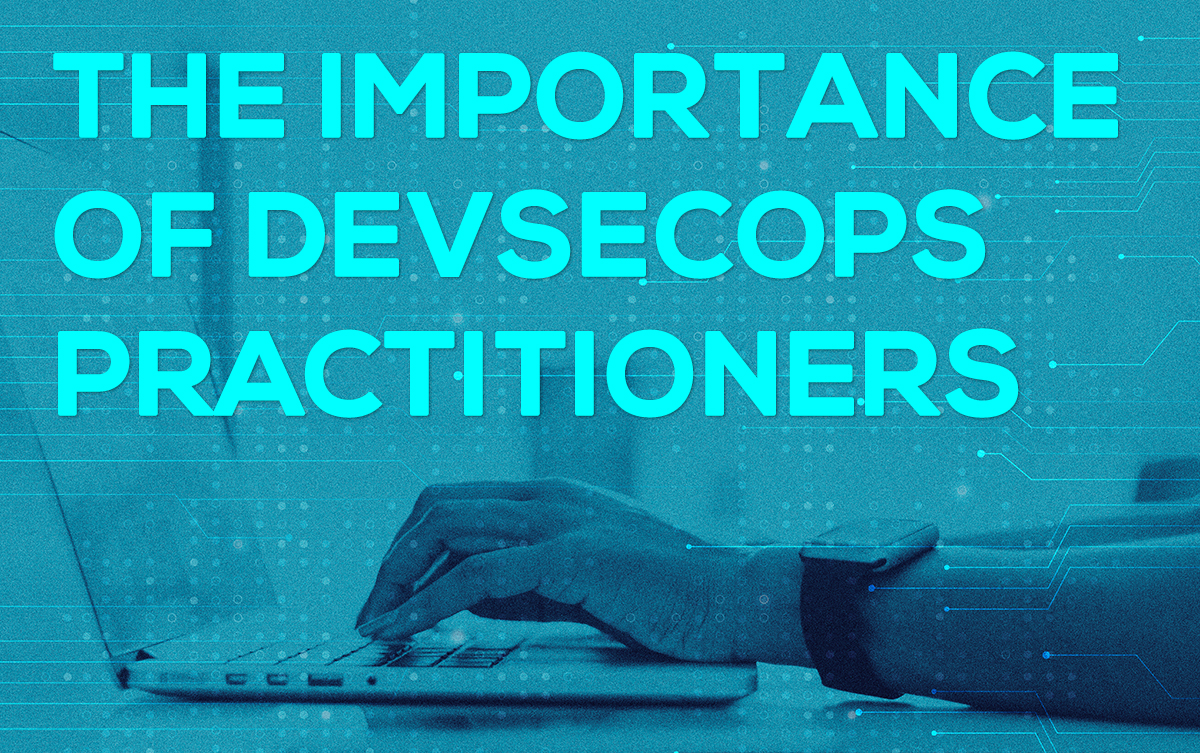Why DevSecOps Practitioner?
DevSecOps is an emerging practice that combines security and development teams. It is becoming more popular because it helps companies be more agile and secure. In this blog, we’ll cover why DevSecOps Practitioner training is important
The world of cybersecurity is changing rapidly. As technology advances, the threat landscape evolves, making it increasingly difficult to maintain a secure environment. In response, many companies are adopting DevSecOps practices to ensure that software is developed securely and tested regularly throughout the entire lifecycle.
This introductory DevSecOps Practitioner course is designed for people looking to learn about DevSecOps and start building a practical approach to implementing in their respective organizations. By the end of the course, participants will have learned about the basic principles behind DevSecOps, including continuous integration and delivery, automation, and DevSecOps practices. Participants will also have gained an understanding of the different roles involved in DevSecOps, including developers, testers, operations, and security professionals.
What is DevSecOps?
The goal of DevSecOps is to safely distribute security decisions at speed and scale. DevSecOps requires a change in culture, process, and tools across these core functional teams and makes security a shared responsibility. Everyone involved in the SDLC has a role to play in building security into the DevOps continuous integration and continuous delivery (CI/CD) workflow.
DevSecOps is an integrated approach to incorporating software development with security by bringing in all the cross-functional teams in the pipeline and focusing on reliability aspects (Confidentiality, Availability, Security)This collaborative approach has proven to be effective in detecting vulnerabilities and threats earlier in the life cycle, remediate security incidents quickly and create assurance among all stakeholders.
The importance of DevSecOps practitioners?

Organizations need practitioners who could preempt, forecast, and remediate vulnerabilities and threats across the CI-CD Pipeline. Organizations need to build a robust model to implement in real-time. . The DevSecOps model brings together a holistic approach of People, Process, Technology and organization to address security aspects in the pipeline.
As DevOps becomes more common, organizations are looking for ways to implement it into their existing practices. The DevSecOps practitioner will be responsible for working with the DevOps team to implement automation across the entire application lifecycle. They will also work closely with the IT Security team to ensure that security policies are followed throughout the different stages of application development. By combining the best practices of DevOps and Security Operations, DevSecOps can improve overall system performance and reliability.
This course will help you understand,
- How to build effective DevSecOps teams and improve collaboration between development and security professionals.
- The importance of having an automated pipeline and how it helps to build trust between development teams and security experts.
- Learn how to monitor your production environment effectively and see why it’s important to have visibility into everything.
- See how to set up alerts and notifications to keep track of changes across your infrastructure.
- Find out how to automate manual processes so that you don’t have to worry about them anymore.
- Discover how to integrate testing and deployment tools to create a complete DevSecOps workflow.
- How to evaluate your current setup and identify where improvements can be made.
Who Should Attend?
This course is designed for anyone who wants to learn about DevSecOps or those already practicing it. It’s ideal for DevOps engineers, DevOps managers, DevOps architects, DevOps project managers, DevOps consultants, and DevOps trainers.
What does the DevSecOps Practitioner course contain?
In this course, you will learn how to apply DevSecOps principles to your organization. You will gain knowledge on what DevSecOps is, its benefits, and how to implement it within your own organization. You will also learn how to integrate security into DevOps projects. Finally, you will learn how to use DevSecOps tools such as Puppet, Chef, Jenkins, Docker, and Vagrant to automate tasks and streamline the application development cycle.
By the end of this course, you should be able to:
- Understand the basics of DevSecOps
- Explain the difference between DevOps and Security Ops
- Describe the benefits of DevSecOps
Roles and Responsibilities of a DevSecOps Practitioner
This is a great opportunity for someone who wants to work in a dynamic environment where there’s always something new to learn. There will be plenty of challenges and frustrations along the way, but if you’re willing to put in the effort to overcome them, you’ll find yourself rewarded with a career path that will allow you to grow professionally and personally.
Role Requirements
- Experience with DevOps
- Knowledge of DevOps tools like Puppet, Chef, Jenkins, etc.
- Understanding of Linux OS concepts
- Ability to communicate effectively
Enroll for the 3-day DevSecOps Practitioner (DSOP) ℠ certification training course from TaUB Solutions, the only Elite Partner of DevOps Institute in Asia and get trained by our coach Suresh GP, DevOps Enterprise Certified coach.





